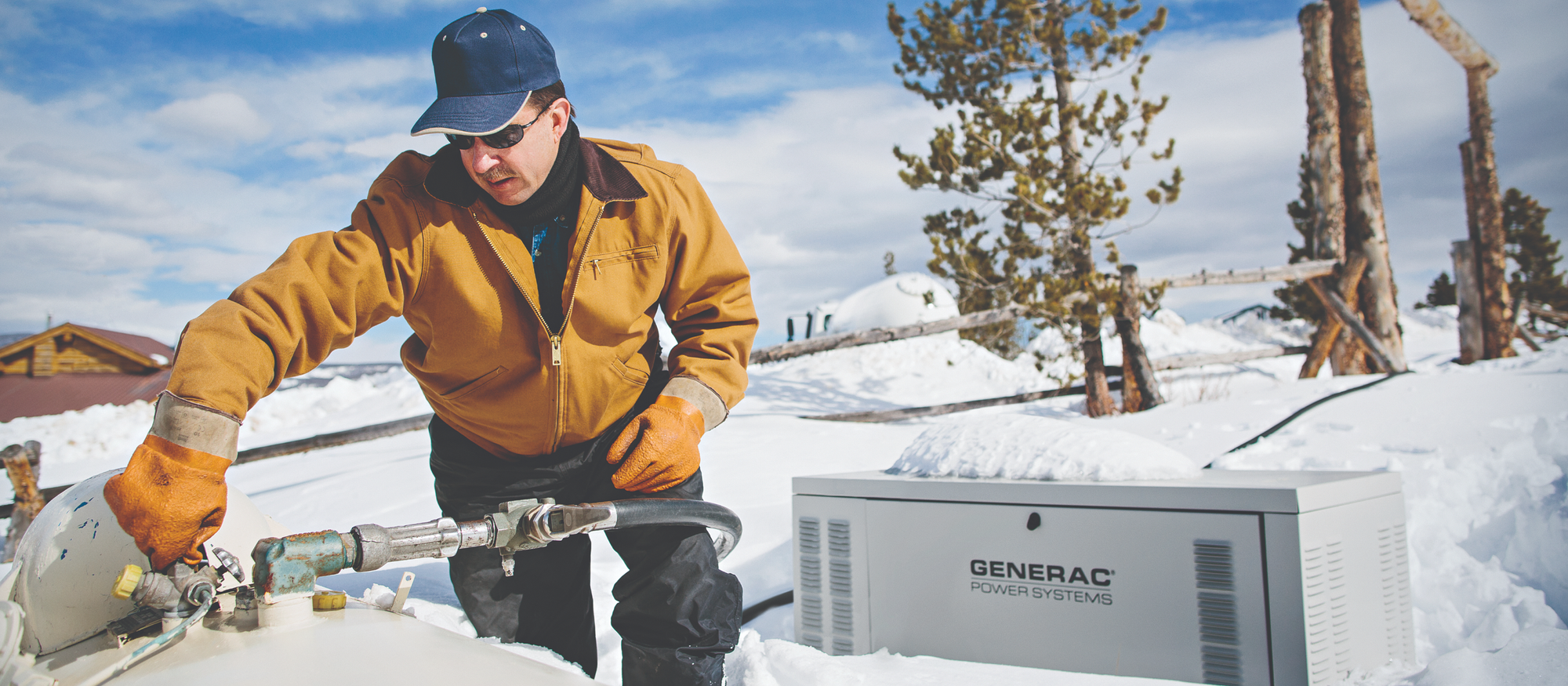

In today's rapidly evolving transportation industry, sustainability and efficiency are at the forefront of innovation. Propane-powered commercial vehicles are emerging as a viable solution to meet these demands. This article explores the benefits, applications, and future prospects of propane-powered commercial vehicles, highlighting why they are a smart choice for businesses looking to reduce costs and environmental impact.
Benefits of Propane-Powered Commercial Vehicles
- Cost-Effective Fuel Source:
- Propane is typically less expensive than diesel and gasoline. Businesses can save significantly on fuel costs, which is a major operational expense for fleets.
- Propane's stable pricing offers more predictable budgeting compared to the volatile prices of diesel and gasoline.
- Environmental Impact:
- Propane burns cleaner than gasoline and diesel, producing fewer greenhouse gasses and pollutants.
- The reduced emissions contribute to better air quality and help businesses meet environmental regulations and sustainability goals.
- Performance and Reliability:
- Propane engines offer comparable performance to their gasoline and diesel counterparts, ensuring that commercial vehicles can handle heavy loads and long distances.
- Propane-powered vehicles have a longer lifespan and require less maintenance due to cleaner combustion, reducing downtime and repair costs.
- Safety:
- Propane has a lower flammability range compared to gasoline, making it a safer fuel option.
- Propane tanks are designed to be more robust and are equipped with safety features to prevent leaks and spills.
Applications of Propane-Powered Commercial Vehicles
- Delivery Fleets:
- Propane-powered delivery trucks are ideal for urban and suburban routes, offering a clean and cost-effective solution for last-mile delivery services.
- Companies like UPS and FedEx have already incorporated propane-powered vehicles into their fleets.
- School Buses:
- Many school districts are transitioning to propane-powered buses due to the fuel's lower emissions, which contribute to a healthier environment for children.
- Propane buses are quieter, providing a more pleasant ride and reducing noise pollution in communities.
- Public Transit:
- Public transit agencies are adopting propane-powered buses to reduce operational costs and minimize their carbon footprint.
- Propane buses are ideal for routes with frequent stops and starts, where diesel engines are less efficient.
- Utility and Service Trucks:
- Propane-powered utility trucks offer reliability and efficiency for service industries, such as plumbing, electrical, and HVAC services.
- These vehicles can operate in various weather conditions and terrains, making them versatile for different service needs.
The Future of Propane-Powered Commercial Vehicles
The future looks promising for propane-powered commercial vehicles, with advancements in technology and infrastructure supporting their growth. Here are some key trends and developments:
- Infrastructure Expansion:
- The increasing number of propane refueling stations across the country makes it more convenient for businesses to adopt propane-powered vehicles.
- Investment in infrastructure is essential to support the widespread use of propane as a mainstream fuel for commercial fleets.
- Technological Innovations:
- Advances in engine technology are enhancing the efficiency and performance of propane-powered vehicles.
- Hybrid systems that combine propane with electric power are being developed to further reduce emissions and fuel consumption.
- Government Incentives:
- Governments are offering incentives and grants to encourage the adoption of alternative fuels, including propane.
- Policies supporting clean energy and emissions reductions are driving the shift towards propane-powered commercial vehicles.
- Industry Collaboration:
- Collaboration between vehicle manufacturers, fuel suppliers, and fleet operators is crucial to the success of propane-powered commercial vehicles.
- Industry partnerships are fostering innovation and accelerating the deployment of propane technologies.
Conclusion
Propane-powered commercial vehicles represent a significant step towards a sustainable and cost-effective future for the transportation industry. By reducing fuel costs, minimizing environmental impact, and offering reliable performance, propane is proving to be a smart choice for businesses looking to optimize their fleets. As infrastructure and technology continue to advance, propane-powered vehicles are poised to become an integral part of the commercial transportation landscape.
Embrace the future of transportation with propane-powered commercial vehicles and drive your business towards greater efficiency and sustainability.















